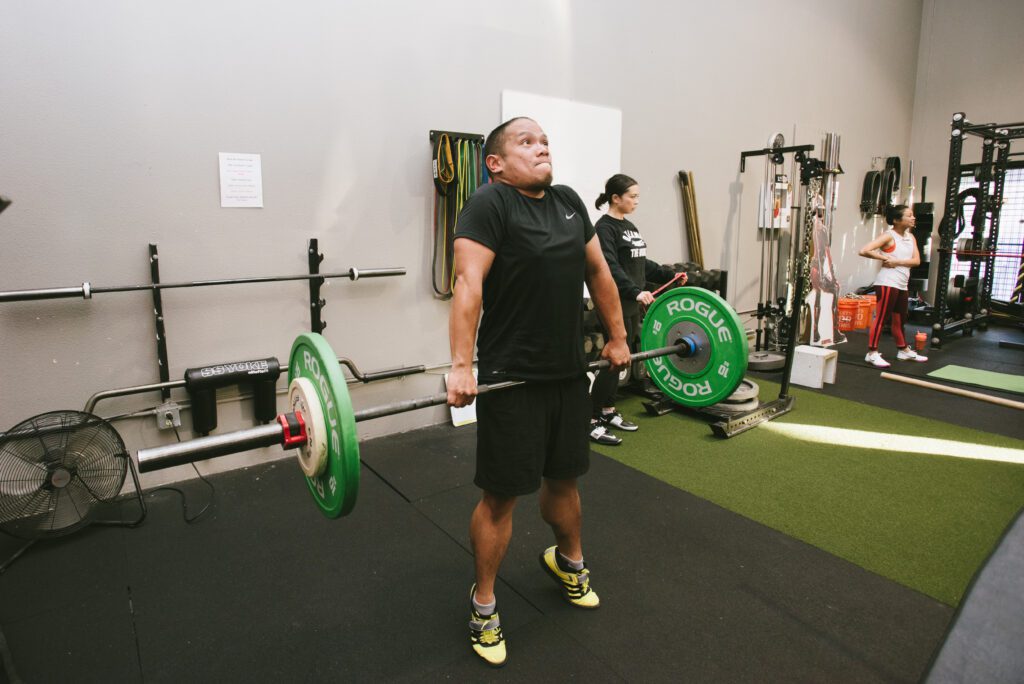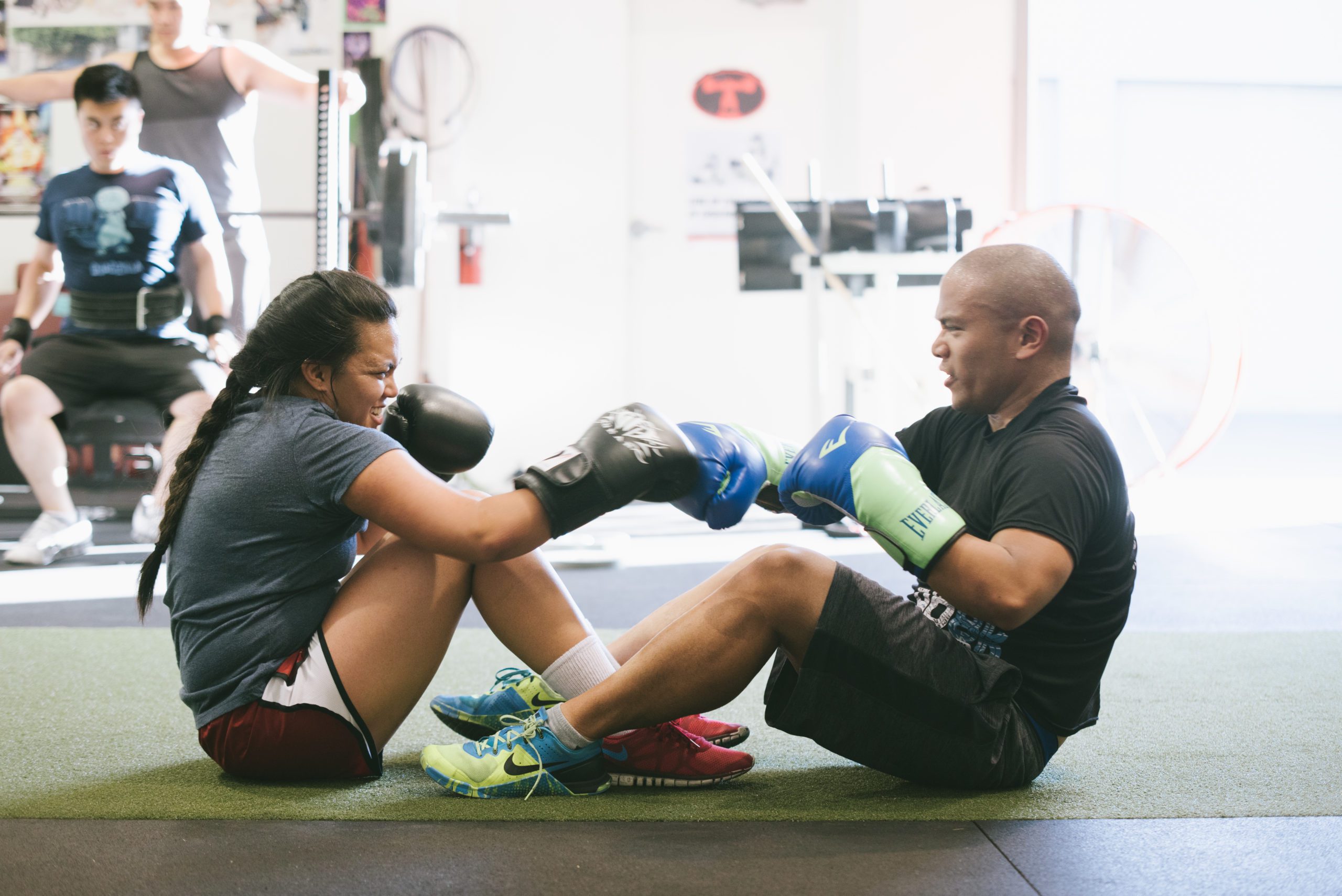‘Body composition’ is a term we often see these days. But, what exactly does it mean, and why does it matter?
Let’s dive in and explore.
What is Body Composition?
Body composition is a term that describes the percentages of lean (muscle, bone, water, etc.) and adipose (fat) tissue a person has. Your body composition determines how lean you are and how likely you are to suffer from disease down the road (1).
While many casual fitness people focus on body weight as the sole metric for their success, body composition is far more critical. In fact, we could argue that, so long as your body composition is in a good place, your actual body weight doesn’t matter.
Muscle tissue is denser than fat and takes up less space, so it’s not uncommon for a muscular person to weigh more than someone with a high body fat percentage despite appearing thinner (2). It’s also not unusual for a person to trim some fat, build muscle, and end up 10, 15, or even 20 pounds heavier while looking and feeling much better.
Why Does Your Body Composition Matter?
Most people obsess over their body weight and strive to change it. Where a skinny person sees weight gain as an inherent win, an overweight one sees weight loss as the answer to all of their problems.
Unfortunately, body weight alone isn’t the answer because it doesn’t consider your body’s composition. In other words, you might be gaining or losing weight, but is your body composition improving?
For example, if a skinny person gains weight but it is mainly in the form of fat, is that truly an improvement? Similarly, if an overweight person loses weight but it primarily comes in the form of muscle, would you consider that a win?
Body mass index (BMI) scales are notoriously unreliable precisely because they don’t reveal the whole picture. A BMI is measured by looking at a person’s height and weight (3). If your weight is too high compared to your height, your BMI increases, indicating that you’re overweight or obese. But what if you weigh more because you have more muscle? In that case, your BMI score could be well over 25 (the upper end of what people consider normal), but you could look great and be perfectly healthy.
Instead of fixating on the arbitrary number your scale shows, learn to pay attention to how your body changes in response to your training and nutrition. After all, isn’t that what matters most?
When asked about their fitness goals, most people would say things like, “Ripped with abs.” or “Muscular and lean.” Nobody would say, “Yes, I would like to be 220 lbs.” Weight can be part of a person’s goal, but it wouldn’t be the only thing they care about. So why do we obsess so much over body weight?
Your body composition matter even if you’re skinny because that doesn’t necessarily mean good health. There is a term not many people are familiar with: normal weight medically obese (NWMO) (4). Also referred to as normal weight obesity or the skinny fat body type, such individuals are characterized by being at a normal weight but having unhealthy body fat levels. According to data, people with normal weight obesity are just as likely to experience health problems down the road as those classified as overweight and obese (4, 5).
3 Practical Steps to Improve Your Body Composition
Step 1: Start Weight Training
Weight training is a form of exercise that provides a potent growth stimulus, resulting in muscle growth (6). Lifting weight is also beneficial for losing fat and maintaining muscle mass while dieting (7).
Train three to four times per week, do a variety of movements for the major muscle groups, and focus on progressive overload (doing more work over time).

Step 2: Boost Your Protein Intake
Protein plays a huge role in improving your body composition. The nutrient supplies your body with the amino acids it needs to support muscle tissue, synthesize hormones, and more (8, 9).
According to data, you should consume 0.7 to 1 gram of protein per pound of body weight (8). Excellent sources include meat, fish, poultry, eggs, and cottage cheese.
Step 3: Get More Sleep
Interestingly, one of the most practical ways to improve your body composition is to start sleeping for at least seven hours per night. Sleep plays a crucial role in protein synthesis and fat oxidation, so getting enough of it will go a long way in supporting muscle growth and fat loss (10, 11).
































